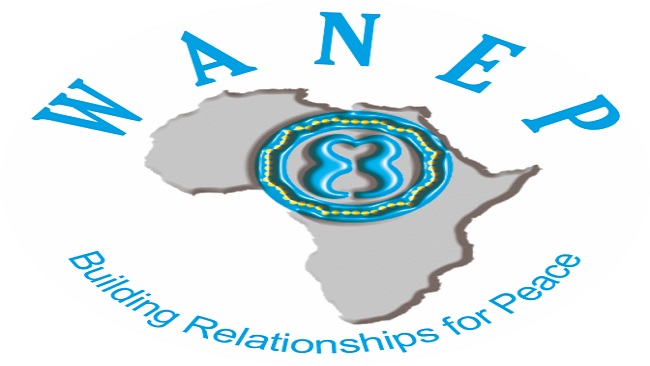The West Africa Network for Peace Building (WANEP)-The Gambia together with the Ministry of Interior with support from UNDP on Thursday concluded a two day capacity building training for traditional and religious leaders on Peace building and Conflict Resolution.
“The two day training will expose participants to concepts of peace and peacebuilding, conflict management and transformation, historical antecedents of peacebuilding and roles of traditional and religious authorities, distinction between negative and positive peace,” Yankuba J.M. Sonko, special adviser to the minister of the Interior declared.
Mr. Sonko disclosed that government has made giant strides in consolidating peace and democratic governance with on-going reforms including the Truth Reconciliation and Reparations Commission, the security Sector Reform and the Constitutional Review Commission; all in line with The Gambia National Development Plan (NDP) 2018-2021.
“As outlined in the 2018 CDA, it is high time to re-activate, strengthen and sustain local peace structures through capacity building of religious and traditional leaders,” he said.
Aissata De, UNDP resident representative, described the participants as the custodians of culture, adding that those values have contributed in no small way in keeping the African societies peaceful for ventures.
“UNDP acknowledges the importance and critical role of indigenous peace building and conflict prevention mechanisms; our support is to build on these existing mechanisms and to help strengthen national and local capacities for sustaining peace,” she stated.

Madam Aissata remarked that though The Gambia has moved from the era of fear and a culture of silence to one of openness, reforms and reconciliatory efforts, a legacy of pain and hurt exist, and there are challenges that have the potential to undermine the peace and stability in the country.
Prevention is the way to go she said, adding that there can be no better foundation to build on for peacebuilding and conflict prevention than on the capacities of the traditional, religious and women leaders who together with children, bear the brunt of suffering when a community falls into crises.
Salama Njie, national coordinator of WANEP-The Gambia, stressed that conflict had become a common feature in some Gambian communities and as a result, there have been calls to ascertain the effectiveness of the traditional leadership in resolving such conflicts.
“Many community development projects have suffered stagnation or complete failure due to conflict resulting mostly from internal disputes within our communities,” she pointed out.
In addition, Madam Njie stated that the religious, traditional and women leaders are critical in sustaining the country’s peaceful coexistence as they have the convening power to foster dialogue and civil consultations as well as in managing and preventing conflict both at the national and local communities.

